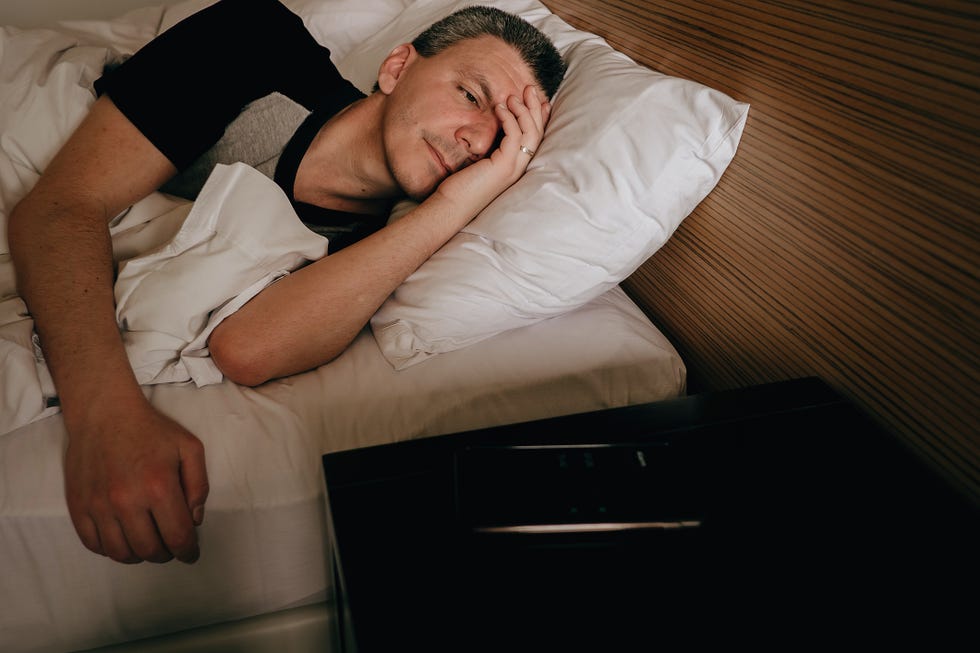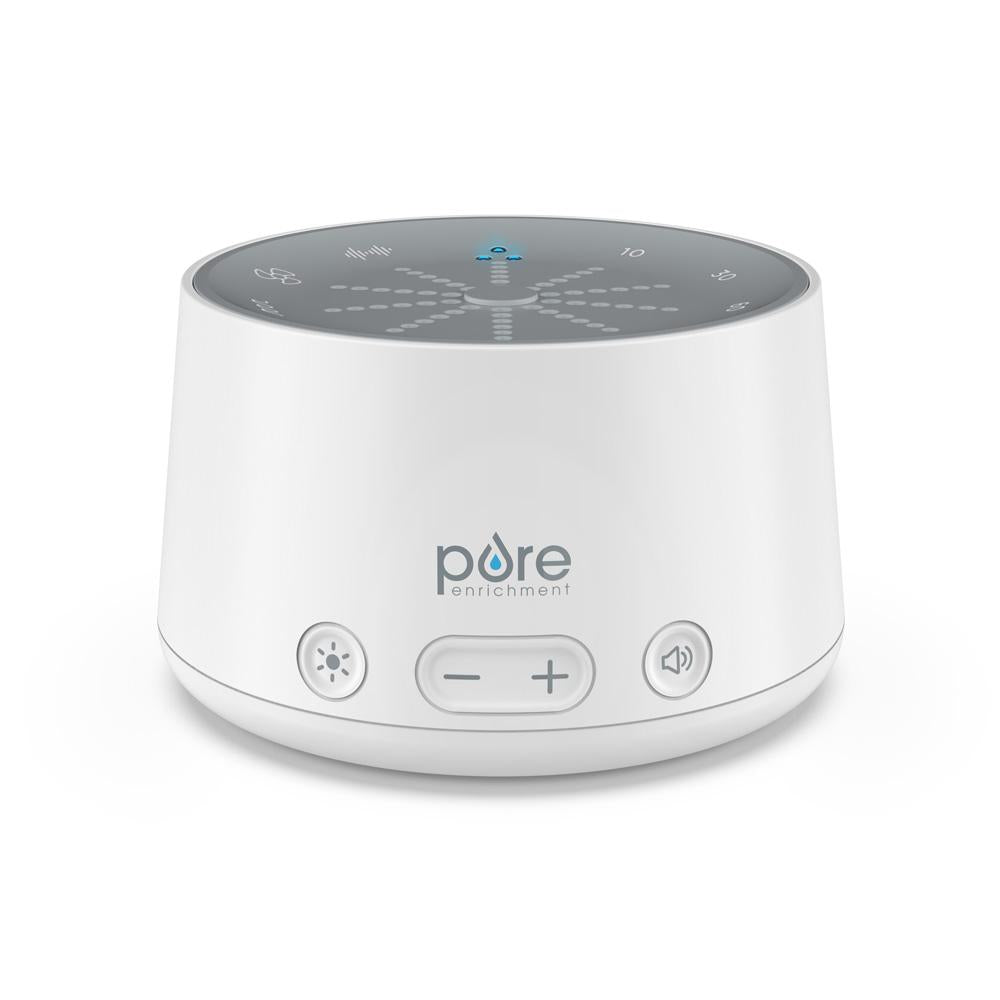Sleep Improvement Therapy - Enhance Your Sleep High Quality
Sleep Improvement Therapy - Enhance Your Sleep High Quality
Blog Article
Effective Treatment Solutions for Handling Rest Disorders and Enhancing Restful Rest
In the realm of healthcare, the monitoring of sleep problems and the quest for restful rest are crucial components of overall wellness. As we browse the detailed landscape of sleep conditions and seek to enhance our rest experience, a deeper understanding of these treatment solutions may hold the secret to opening a more relaxing and fulfilling corrective trip.
Cognitive Behavior Treatment for Insomnia (CBT-I)
Cognitive Behavior Therapy for Sleep Problems (CBT-I) is a structured, evidence-based therapy strategy that concentrates on attending to the underlying variables adding to sleep disruptions. This sort of treatment intends to change actions and ideas that worsen insomnia, inevitably advertising healthy and balanced rest patterns. CBT-I normally entails numerous vital parts, including cognitive treatment, rest limitation, stimulus control, and rest health education and learning.
Cognitive treatment aids people recognize and transform adverse thought patterns and beliefs concerning sleep that might be hindering their ability to fall or stay asleep. Sleep restriction involves limiting the quantity of time invested in bed to match the person's real sleep period, therefore raising sleep performance (insomnia solutions). Stimulus control strategies aid develop a solid organization in between the bed and sleep by motivating individuals to head to bed just when sleepy and to prevent taking part in stimulating tasks in bed
Moreover, rest health education concentrates on developing healthy and balanced sleep practices, such as keeping a consistent sleep schedule, creating a relaxing bedtime regimen, and optimizing the rest setting. By resolving these variables comprehensively, CBT-I supplies an efficient non-pharmacological intervention for handling insomnia and improving total rest quality.
Rest Hygiene Practices
Having actually developed the foundation of cognitive restructuring and behavior modifications in dealing with sleep problems with Cognitive Behavioral Treatment for Sleep Problems (CBT-I), the emphasis currently moves towards discovering essential Sleep Hygiene Practices for maintaining optimum sleep quality and overall well-being.
Sleep health methods encompass a series of routines and environmental aspects that can considerably influence one's capacity to fall asleep and stay asleep throughout the evening. Consistent rest and wake times, producing a relaxing going to bed regimen, and enhancing the rest setting by keeping it dark, silent, and cool are critical parts of great sleep health. Limiting exposure to screens before bedtime, avoiding energizers like caffeine close to going to bed, and taking part in regular exercise throughout the day can likewise promote better rest quality.
Moreover, practicing relaxation techniques such as deep breathing workouts or meditation prior to bed can aid soothe the mind and prepare the body for rest. By integrating these sleep health practices right into one's everyday routine, individuals can establish a healthy and balanced sleep pattern that sustains restful sleep and overall health.
Relaxation Methods and Mindfulness
Executing relaxation strategies and mindfulness techniques can play browse this site an essential function in promoting a sense of calmness and promoting high quality rest. Furthermore, led images can help move individuals to a tranquil area in their minds, helping in stress reduction and improving rest high quality.
By integrating these methods right into a going to bed routine, individuals can indicate to their bodies that it is time to unwind and prepare for sleep. Generally, integrating relaxation methods and mindfulness methods can considerably contribute to taking care of rest disorders and improving general rest top quality.

Medicine Options for Sleep Disorders
After checking out relaxation methods and mindfulness methods as non-pharmacological interventions for enhancing sleep quality, it is vital to consider medicine alternatives for people with sleep conditions. In instances where lifestyle changes and therapy do not provide sufficient alleviation, medicine can be a valuable tool in handling rest disturbances.
Commonly suggested medicines for sleep problems include benzodiazepines, non-benzodiazepine hypnotics, antidepressants, and melatonin receptor agonists. Benzodiazepines, such as diazepam, are sedatives that can help generate rest, yet they are commonly advised for temporary usage due to the danger of dependancy. Non-benzodiazepine hypnotics like zolpidem are additionally used to deal with insomnia and have a lower risk of dependence compared to benzodiazepines. Antidepressants, such as trazodone, can be advantageous for people with co-occurring depression and rest disturbances. Melatonin receptor agonists, like ramelteon, target the body's all-natural sleep-wake cycle and can be valuable for regulating rest patterns.
It is important for individuals to seek advice from a health care copyright to identify one of the most proper drug alternative based upon their particular rest disorder and case history.
Light Therapy for Body Clock Regulation
Light therapy, additionally called phototherapy, is a non-invasive treatment technique used to regulate circadian rhythms and boost sleep-wake cycles. This treatment includes exposure to bright light that simulates all-natural sunshine, which aids to reset the body's body clock. By exposing people to certain wavelengths of light, normally in the morning or night relying on the preferred result, light treatment can properly Visit This Link adjust the body clock to advertise wakefulness throughout the day and boost restful sleep during the night.
Research study has revealed that light treatment can be especially beneficial for people with body clock conditions, such as postponed sleep stage syndrome or jet lag. It can likewise be helpful for those experiencing seasonal depression (SAD), a type of clinical depression that commonly occurs during the cold weather when all-natural light exposure is lowered. Light treatment is generally well-tolerated and can be utilized combined with various phenergan restless legs other therapy techniques for sleep disorders to enhance results and improve general sleep top quality.
Final Thought
In verdict, effective therapy solutions for managing rest disorders and boosting relaxing sleep include Cognitive Behavioral Therapy for Sleeplessness (CBT-I), sleep hygiene practices, relaxation methods and mindfulness, medicine choices, and light therapy for circadian rhythm policy. These approaches can aid people improve their sleep high quality and total wellness. It is necessary to seek advice from a health care provider to determine the most suitable strategy for resolving sleep problems.
As we navigate the detailed landscape of sleep disorders and seek to improve our rest experience, a deeper understanding of these therapy services might hold the secret to unlocking a more refreshing and meeting restorative trip.
Rest constraint includes restricting the quantity of time invested in bed to match the person's actual rest period, thus boosting sleep performance. Constant sleep and wake times, developing a relaxing going to bed routine, and maximizing the sleep environment by keeping it dark, silent, and cool are crucial elements of good sleep hygiene. Light treatment is typically well-tolerated and can be utilized in combination with various other therapy approaches for rest disorders to maximize end results and improve general sleep quality.

Report this page